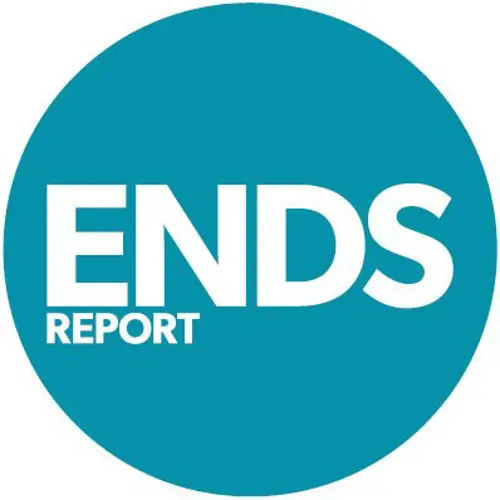In 2023, ClientEarth took Shell’s Board of Directors to court over its mismanagement of climate risk.
It was a world-first case seeking to hold corporate directors personally liable for their failure to prepare for the energy transition.
The High Court of England and Wales rejected the lawsuit. But we believe that judgment was flawed and merits deeper scrutiny.
We've published our full legal briefing, along with key court filings, to encourage debate on the critical issues raised in this lawsuit.

















